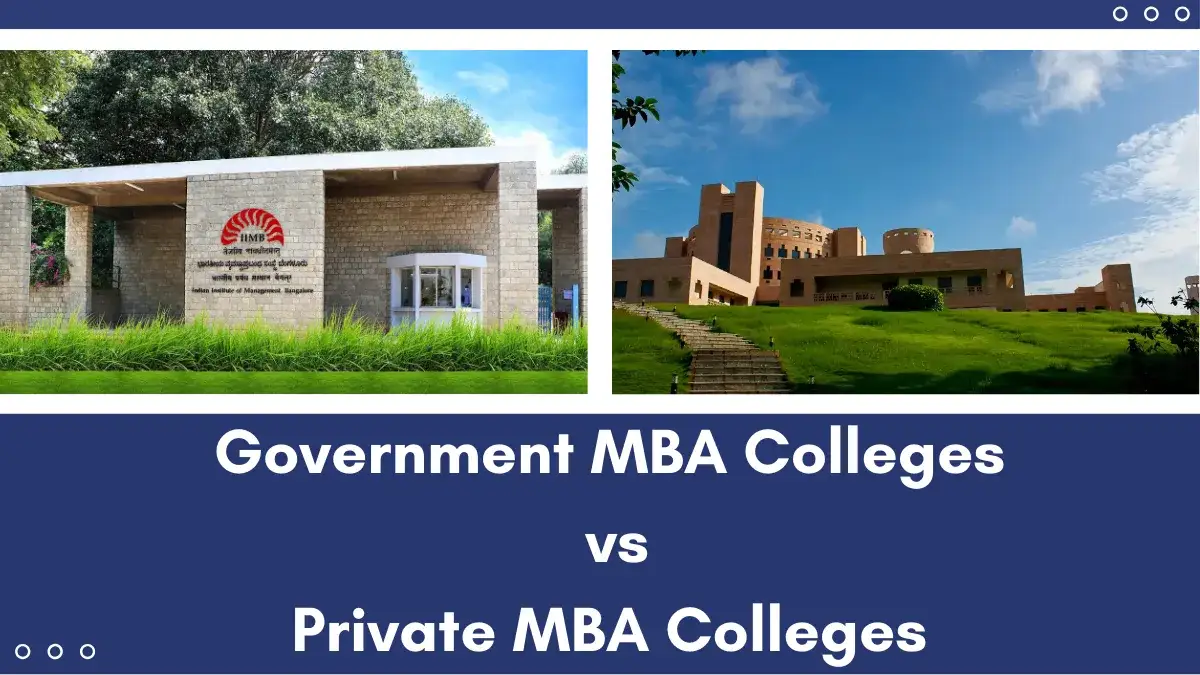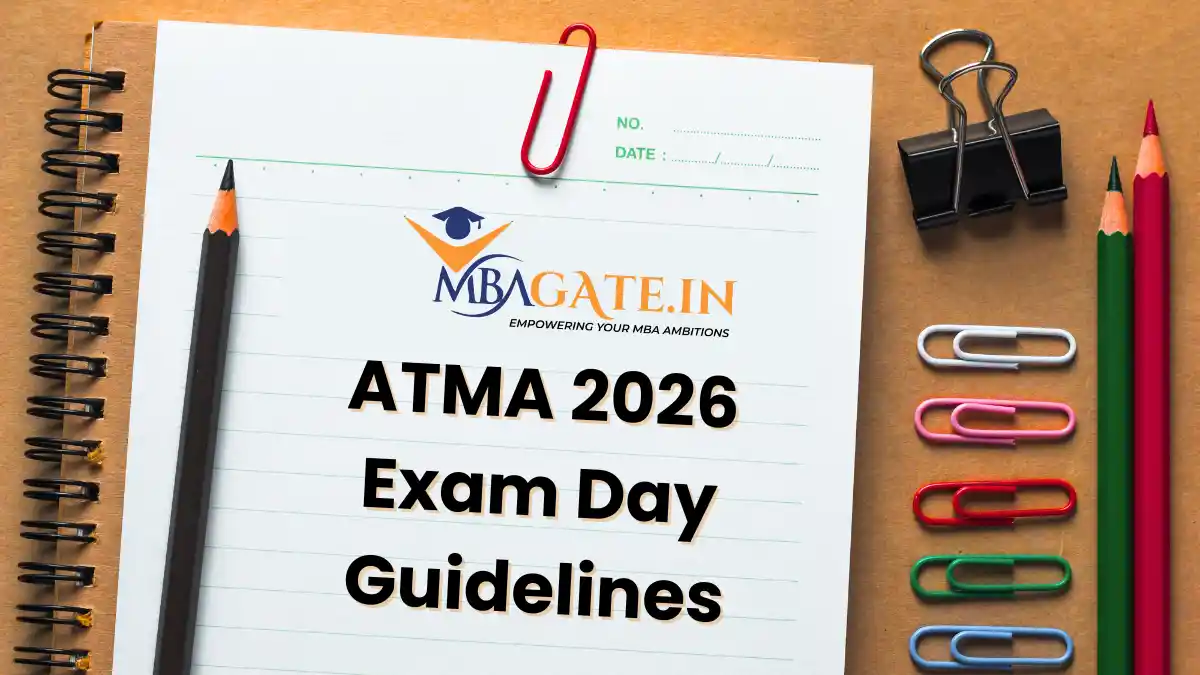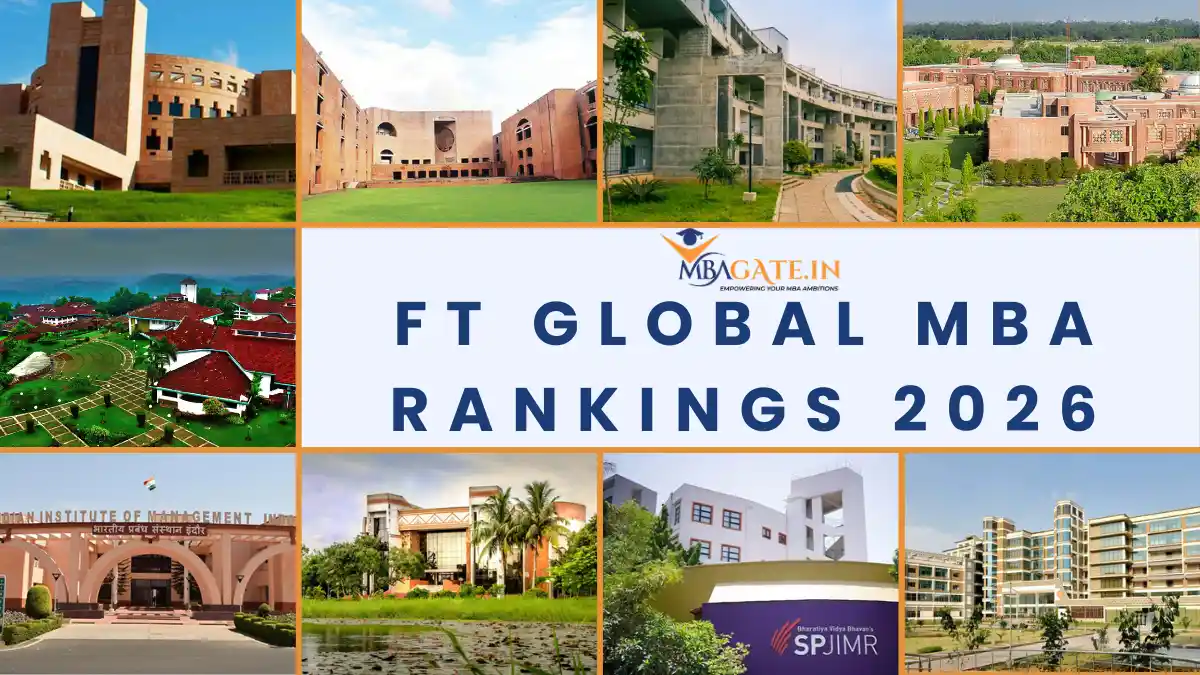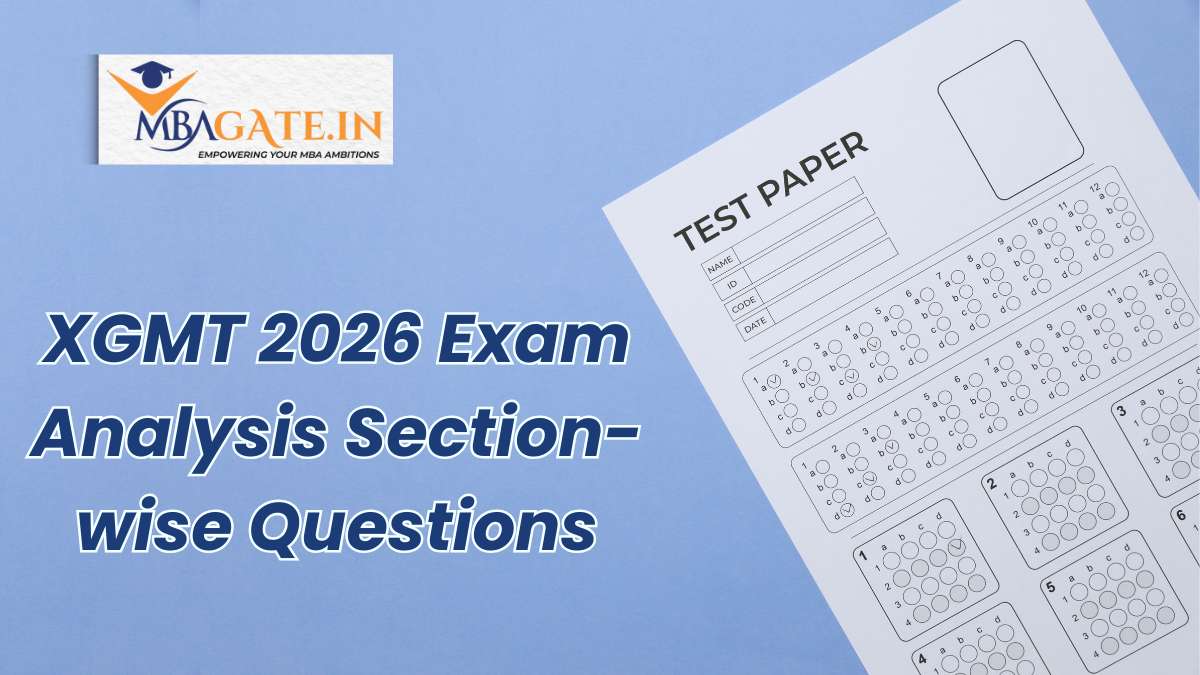Government MBA Colleges vs Private MBA Colleges
Table of Content
-
- + more items Show less
Different colleges can offer different opportunities to graduates. Some colleges have a strong reputation, while others might offer a strong alumni network. Government and private MBA colleges differ on parameters like infrastructure, exposure opportunities, global study programs and updated curricula. This article will evaluate the pros and cons of each significant aspect that will help make the choice.
Reputation and Accreditation
The top-ranked government MBA Colleges in India like the IIMs, Faculty of Management Studies (FMS), Jamnalal Bajaj Institute of Management Studies (JBIMS), and Indian Institute of Foreign Trade (IIFT) are synonymous with excellence. IIM Ahmedabad and IIM Bengaluru compete with Ivy League universities. These institutes have been established by the government over decades and carry a prestigious legacy. The massive alumni network, academic rigor, experienced faculty and high-quality research act as the backbone for the management journey of students.
The first tier private B schools are always a good choice with colleges like ISB, XLRI, also known as ‘Harvard for HR’. These colleges are globally recognised.
If an aspirant has to choose between a top private or government college for management, they can choose one with a higher ROI and better ranking. However, for second or third-tier colleges, the government institutes hold more credibility. Private colleges may have manipulated placement reports, inexperienced faculty or a profit- driven model. Many low-tier private colleges lack AICTE approval, which is mandatory but lack NAAC approval, thus affecting brand value. Such colleges are not well recognised in the corporate sector in India.
Financial Considerations
Students often wonder whether an MBA degree will be affordable for them or not? And which college will have a lower fee for an MBA, a government college or a private college? Since government colleges are subsidised by the state, they are affordable without compromising on quality. For instance, government colleges like FMS, JIBIMS and TISS (Human Resources and Labour Management), offer a management degree within ₹2 lakhs. These colleges have robust placement reports and experienced faculty. The students may have easy access to educational loans due to the credibility of the college. In government colleges, the hostel fees are not very high.
Whereas in elite private colleges, the program fees as well as the hostel fees are high. The hostel may include luxurious facilities that are not very necessary for the candidates who cannot afford high fees. In some cases, the fees may be more than ₹35 lakhs, raising concerns about the ROI. Mid-tier colleges cannot justify a high fee, however, top-tier colleges like ISB and XLRI offer high placements. This helps the students pay off their education loans easily. Some private colleges offer scholarships based on the profile of the students, which may reduce the overall cost.

Autonomy and Adaptability
In Government MBA colleges, changes are time-consuming, as bureaucratic processes are very slow. This delays an update in the curriculum and changes in infrastructure may also take time.
In private colleges, the curriculum is more updated. They promote field visits and the education is application-based. These institutes quickly adapt to the industry’s needs, making it easy for students to cope with the changing market trends. Hence, education becomes intriguing. However, in government colleges, the faculty may have more knowledge to impart to the students apart from the curriculum, as experience has a big role to play. This may be lacking in the low-tier government colleges.
Faculty and Infrastructure
The faculty in MBA government colleges are experienced and permanent, with strong job security. This fosters academic freedom but can lead to complacency in the low-tier institutes. This is because some professors in government colleges prioritise research over classroom teaching. However, in private colleges, the faculty is hired on a short-term contract, based on student feedback and industry engagement. This incentivizes active participation.
An MBA is a residential course and the students always have queries about the on-campus facilities. Older IIMs have robust facilities while the baby IIMs, may sometimes have a smaller campus size and less facilities. Some government colleges may have a common washroom for the entire floor and no air-conditioned rooms can cause discomfort to some students.
The top-ranked private colleges, like SIBM, BITSoM have the campus on a beautiful location with luxurious on-campus facilities. Such elite institutes may have air-conditioned smart classrooms, maintained basketball and badminton courts, a cleaner mess facility and huge libraries. In many cases, a lower-ranked government college will have fewer facilities as compared to a similarly ranked private college. Due to high fees, private colleges have a professional maintenance team.
International Exposure
Many MBA aspirants demand global exposure and questions like whether they can work abroad after graduating? Or If they can study a semester abroad? may occur to them. Private colleges like SDA Bocconi, SPJIMR and IMT offer a global program where students aspiring to study abroad can enroll. The students study one-year in India while the second year is abroad. In SPJIMR, the Global Management Program enables students to study for one year in India, while in the second year, each semester, they travel to a different country. This teaches them about the international economy and market, allowing them to understand the International market and culture.
This broadens their horizon for work and they can settle abroad if they wish to.
Not many government colleges in India have become accustomed to this concept.
Class size
Private MBA colleges are good at maintaining the student-to-teacher ratio, where they will divide the students into different sections. This helps facilitate efficient discussions and presentations during classes. However, some private colleges have a big batch size to increase profits, thereby compromising on the quality of peers one makes.
The top government MBA colleges promote quality education with smaller batch sizes. Due to higher competitiveness, only the most intelligent and ambitious students make it to the institute. This maintains the placement reports and drives motivation. In low-tier government colleges, offering MBA, one class may have many students, leading to divided attention towards each student.
Specializations
Government MBA colleges do not offer innovative specialisations and electives to the students. They have a traditional approach with a heavy theory curriculum, making studies monotonous and tiresome sometimes.
Private colleges offer courses aligned with the industry. For instance, AI is used in all organizations to speed up the process and students need to have a strong command obver AI. Private management colleges like Great lakes Institute of Management offers programs that teach AI to help students outperform in the corporate. There are corporate projects that offer more exposure to students.
FAQs
It is suggested to check the placement report and fees f each college, to find our which one has better ROI. Based on the ROI, the student can make a more informed choice. If all parameter remain same, government colleges are preferred due to better legacy.
Private colleges are known to have a more luxurious infrastructure with cleaner and spacious accommodation facilities and smart classrooms.
The top-ranked, old IIMs compete with Ivy league colleges, have lower fees as compared to XLRI and ISB and are ranked in the top 5 management institutes according to the NIRF.
Many government B schools, lack an updated curriculum and it is slow to see changes due to the number of processed it involves. For an innovative education and global exposure, one must choose private colleges over government colleges.









